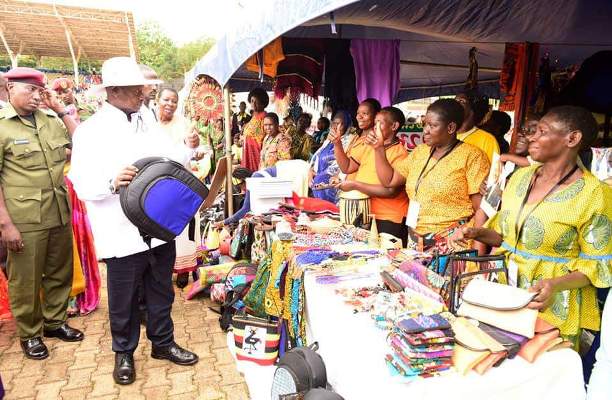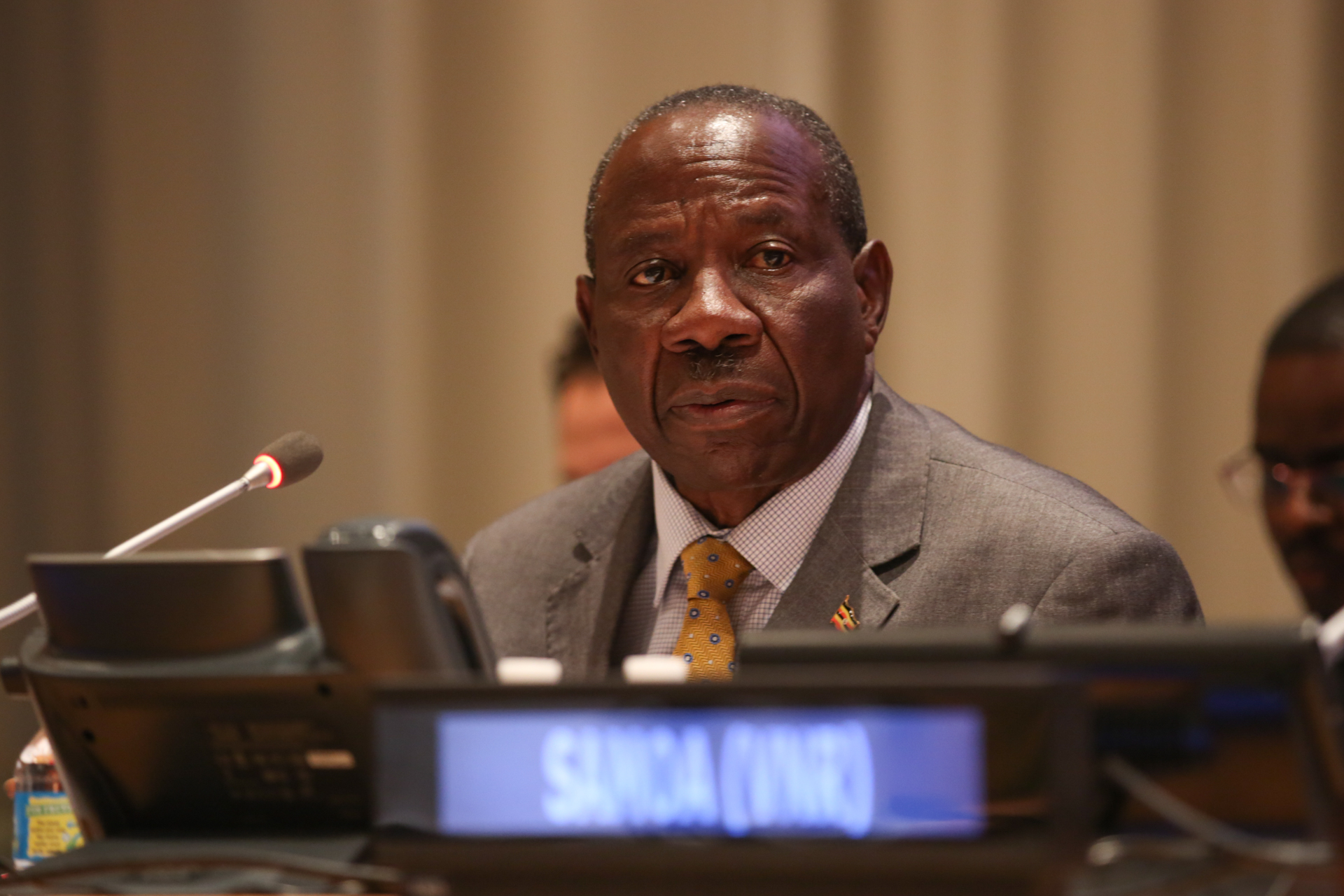Dr. Mary Goretti Nakabugo, the Manager of Uwezo Uganda at Twaweza
Uwezo Uganda is recommending that the government should consider reducing the long cycle of primary education from seven to six years.
Uwezo, an organization known for conducting research on the effectiveness and quality of education made the proposal as part of their memoranda to the Education Policy Review Commission which is currently collecting ideas that will be used to overhaul the education system.
While presenting their proposals, Dr. Mary Goretti Nakabugo, the Uwezo Country Coordinator, said that available data and experience from other countries suggest that six years are sufficient for the primary cycle.
Currently, the primary education cycle consists of 7 years, followed by 4 years of lower secondary school, and 2 years of upper secondary school. The 1992 government White Paper on education suggested changing the education structure to give eight years at primary (P.1 to P.8), reduce the time at O’ Level to three years (S.1 to S.3), two for A ‘level (S.4 and S.5) before a learner moves to an institution of higher learning.
According to the white paper, having more years at the primary level was intended to increase the age at which one is expected to leave this level of education and allow sufficient time for learning vocational subjects which were to be introduced at the primary level. However, 35 years later, P.8 was never introduced.
Dr. Nakabugo, who is also a renowned educationist pointed out that in the current primary school cycle much time in some classes is wasted in the revision of previous courses which can be avoided with the system concentrating on the learning outcomes that are expected from the primary school leavers.
When the idea of reducing years of primary education was floated, Col (Rtd) Nuwe Amanya Mushega, chairperson of the commission, made a quick observation saying that it is important to take into account the child’s entry into the workforce while recommending an educational structure.
Dr. Joseph Muvawala, the Deputy Chairperson of the commission and Executive Director of the National Planning Authority (NPA), agreed in part with this recommendation and stated that learning outcomes should take precedence over the number of years spent at a certain educational level.
“If a learner can achieve the competencies that we need out of a primary school level. To me, spending less time there than we currently do wouldn’t be a problem. the time we should choose should be on what levels of learning we want,” Muvawala said.
In 2017, Kenya made a review its education system and slashed the years spent at the primary level from eight years which they had adopted in 1985 to six years. When Kenya introduced the six years of primary education, they introduced mandatory 2 years of pre-primary.
Borrowing a leaf from Kenya and other countries, Dr. Nakabugo went on to add that if P.7 is scrapped, there should be a commitment to encourage pre-primary education. Quoting the Uwezo 2019 report, she said that pre-primary preparation can enable learners to benefit from primary education more efficiently, acquiring foundation skills earlier with less grade repetition.
Just like Uganda women’s Network, Uwezo also recommended that pre-primary education should be made universal to increase its access. Dr. Nakabugo further pointed out that with an effective pre-primary education there will be no need for learners to attend primary school for seven years.
In addition to reducing the years spent in primary school, Uwezo also recommended that the Ministry of Education and Sports should consider overhauling the assessment framework to give more room to class-based continuous assessment.
“Introducing continuous evaluation in lower secondary is a recent development that is good. At all levels of education, we want to see more of this. Our educational system is currently focused on who received the highest marks in the national examination, but this is not, in our opinion, an accurate indicator of quality education,” Dr. Nakabugo said.
Monica Monge Abenakyo, a member of the commission, challenged them to be more specific on how assessment can be done, asking them to bring more proposals around this area. For instance, Abenakyo asked Uwezo to showcase the relevancy of Primary Leaving Examinations-PLE and also inquired as to what level learners ought to be required to take a national examination.
Abenakyo’s question on the relevancy of PLE is not out of the blue given the fact that a few weeks after the commission made a public call to all stakeholders to participate in the education policy review process, the education ministry informed URN that several Ugandans were calling for the scrapping of PLE.
Several education partners, notably the World Bank, had already taken the lead on a comparable issue. The World Bank suggested eliminating these exams and implementing the automatic promotion policy in its 13th Edition of the Uganda Economic Update report.
However, this proposal received mixed reactions from Ugandans with a section of educationists advising the government to think twice on the matter.
Meanwhile, the commission tasked Uwezo to give more proposals on the entire education structure, having commented on the number of years that the primary cycle should take. They were told to recommend how many years should secondary, and higher education take.
-URN





